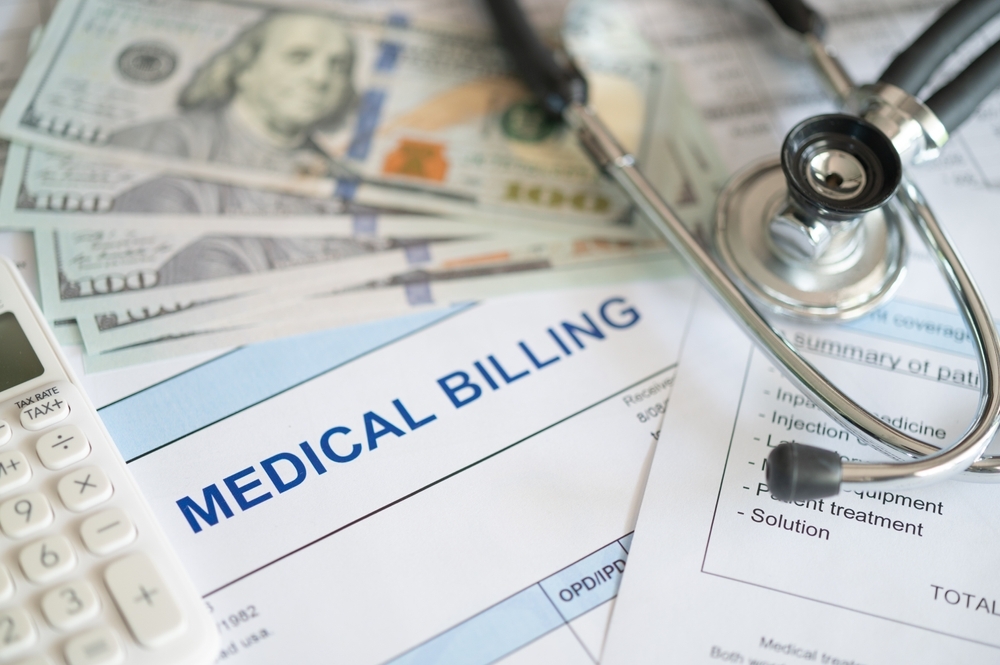
As warmer weather returns to South Jersey, so do the crowds – and with them, a noticeable rise in rideshare traffic. Whether you’re visiting Atlantic City for a weekend getaway, celebrating prom or graduation, or just catching a ride home from the boardwalk, May marks the unofficial start of one of the busiest seasons on our roads.
Unfortunately, more rides often lead to more accidents. Attorney Richard A. Stoloff, of The Law Offices of Richard A. Stoloff, has spent more than two decades helping injured passengers understand their rights and pursue the compensation they deserve after serious Uber and Lyft crashes.
If you were hurt while riding in an Uber, you may be wondering who’s responsible for your medical bills, lost wages, or pain and suffering. The process can be confusing – especially if you weren’t behind the wheel.
Here’s what passengers in Atlantic City, Linwood, Galloway, and across South Jersey need to know about protecting their rights after being injured in a rideshare crash.
First Things First: Can You Sue Uber?
In most cases, you won’t be suing Uber directly. Because Uber drivers are classified as independent contractors, the company generally avoids direct liability for their drivers’ actions. But that doesn’t mean you’re stuck with the bill.
Uber provides $1 million in liability coverage for passengers injured while being transported. This commercial insurance often applies when the driver’s personal insurance doesn’t offer enough coverage – or when the rideshare company’s policy offers stronger protections.
Common Injuries in Rideshare Accidents
Even low-speed crashes can result in serious and lasting injuries, especially when you’re riding in the back seat without full visibility or control. During high-traffic weekends in places like Atlantic City and Galloway, rideshare passengers are particularly vulnerable to collisions.
Injuries may include:
- Neck and back trauma (such as whiplash or disc injuries).
- Head injuries and concussions.
- Fractures, sprains, or joint damage.
- Cuts and bruises from seat belts, airbags, or debris.
- Soft tissue injuries and chronic pain.
Many of these conditions don’t appear right away – making it even more important to seek medical attention after the accident and legal guidance soon after.
Who Pays for Your Medical Bills?
If you're hurt in an Uber crash, one of your first concerns will likely be, “Who’s going to pay my medical bills?” In New Jersey, you may have Personal Injury Protection (PIP) coverage through your own auto policy. But as a rideshare passenger, you’re often relying on Uber’s commercial insurance or the liability insurance of another driver – depending on who caused the crash.
Here’s how it typically breaks down:
- If the Uber driver caused the crash, their $1 million commercial policy through Uber typically applies.
- If another driver was at fault, that driver’s personal insurance is usually the primary source of compensation.
- If both drivers share fault, you may be able to pursue claims against both insurance policies, depending on the circumstances.
Sorting out insurance coverage can get complicated quickly – especially when multiple parties are involved. An attorney can help identify every source of potential compensation so you’re not left footing the bill.
What If the Driver Wasn’t Logged In?
Uber’s insurance coverage is based on what the driver was doing at the time of the accident:
- If the driver wasn’t logged into the app, their personal auto insurance applies.
- If the driver was waiting for a ride request, Uber provides limited coverage.
- If the driver had accepted a ride or was actively transporting you, Uber’s full $1 million policy is in effect.
As a paying passenger, you’re likely covered by that commercial policy – but proving it and accessing those benefits can be a challenge without legal help.
Why You Should Act Quickly
May marks the start of a seasonal spike in motor vehicle collisions – and insurance companies are quick to look for ways to reduce payouts. If you wait too long to get medical care or file a claim, they may try to argue that your injuries weren’t serious or weren’t related to the crash.
In New Jersey, you typically have two years from the date of the accident to file a personal injury claim. But it’s best not to delay. The sooner you take action, the stronger your case will be – and the easier it is to gather evidence, document your injuries, and deal with the insurance companies on your terms.
How a Personal Injury Lawyer Can Help
Rideshare cases are rarely straightforward. Between Uber’s corporate policy, driver insurance, and the possibility of third-party fault, these claims can quickly get overwhelming.
A personal injury lawyer can help by:
- Investigating the accident and identifying all responsible parties.
- Communicating with insurance companies and handling negotiations.
- Ensuring that you receive fair compensation for medical bills, lost wages, and pain and suffering.
- Protecting your rights so you’re not pressured into an unfair settlement.
When you’re dealing with physical pain, lost time at work, and the stress of the unknown, having legal support can make all the difference.
Injured in an Uber Accident? Let The Law Offices of Richard A. Stoloff Help
Whether visiting Atlantic City, heading home from work in Galloway, or enjoying a night out in Linwood, a rideshare crash can turn everything upside down. The Law Offices of Richard A. Stoloff represents injured passengers throughout South Jersey, helping them understand their rights and pursue the compensation they deserve.
Call today or complete the contact form for a free consultation. Your case will be personally reviewed by Attorney Richard A. Stoloff, who will explain your options and guide you through the next steps. There is no fee unless compensation is recovered.
Disclaimer: This blog is for informational purposes only and does not constitute legal advice. Reading it does not create an attorney-client relationship. For guidance on your specific situation, please contact The Law Offices of Richard A. Stoloff directly.
